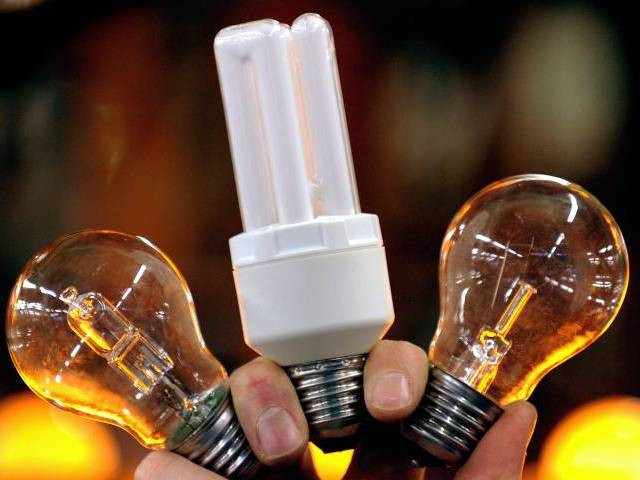NEPRA regulations: Producers can sell power to consumers anywhere
Consumers will have to pay wheeling charges plus the generation cost

Consumers will have to pay wheeling charges plus the generation cost. PHOTO: AFP
The regulator has approved regulations for electricity wheeling in an effort to promote competition in the power market.
According to the Nepra Wheeling of Electric Power Regulations 2016, a generation company can sell electricity to bulk power consumers in any location in Pakistan.
The consumers will be required to pay the cost of transporting electricity (wheeling) through the system of National Transmission and Despatch Company and distribution companies, in addition to the cost of generation, to be mutually agreed between the producer and bulk consumers.
The Nepra Wheeling of Electric Power Regulations 2016, which has been notified, is an important milestone on the path of opening the market to small and medium-sized power generators, who will be encouraged to sell electricity to the potential buyers.
At the same time, the distribution companies will be required to maintain and improve their service quality in order to keep their customers while they will also financially benefit from the wheeling charges paid by the generation companies.
With the involvement of private sector generators at the transmission and distribution levels, not only the economy will get a positive boost, the burden of growing demand on the system is also expected to ease considerably, which will enable the distribution companies to reduce load-shedding.
Under this concept where technical limitations restrict a generation company from using the network of transmission and distribution companies, it may construct a dedicated transmission or distribution system with its own expenses to supply electricity to the authorised consumer.
In a meeting of the Senate standing committee on water and power more than a week ago, Secretary Water and Power Younus Dagha said the transmission system in Karachi was not capable enough to meet the growing needs of the city.
“Permission to other power distribution companies to work in Karachi will help create an atmosphere of competition leading to better customer service,” he said. The committee was informed that in the previous month average electricity generation in the country had been 16,280 megawatts while demand shot up to 20,500MW.
Members decried prolonged load-shedding in rural areas, which officials said would end by June 2018, as the current installed capacity of around 20,000MW would be raised to 31,000MW.
Senator Taj Haider inquired why the government was not abolishing generation licences and allowing the private sector including provinces to establish their own power plants for localised consumption. “It will end the monopoly enjoyed by some power sector companies like K-Electric in Karachi,” he said.
Published in The Express Tribune, June 10th, 2016.
Like Business on Facebook, follow @TribuneBiz on Twitter to stay informed and join in the conversation.



















COMMENTS
Comments are moderated and generally will be posted if they are on-topic and not abusive.
For more information, please see our Comments FAQ